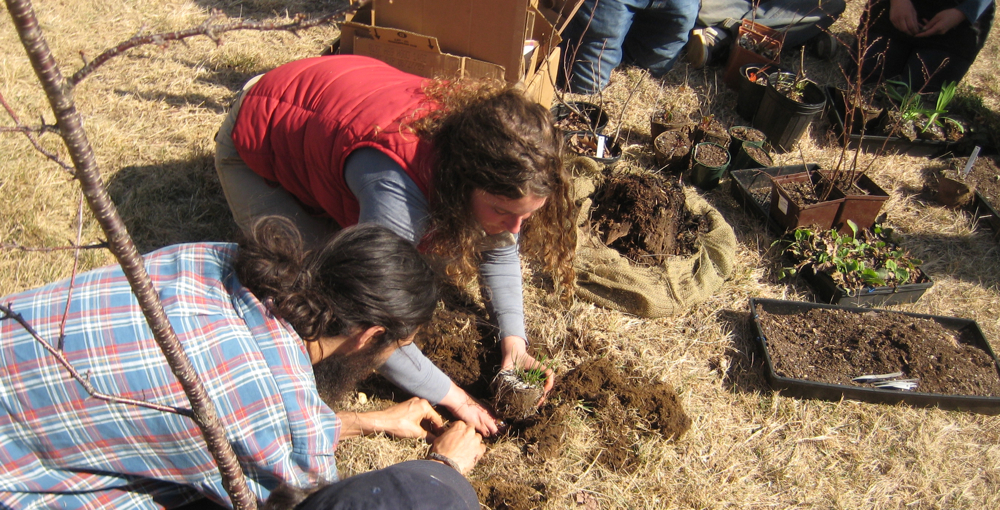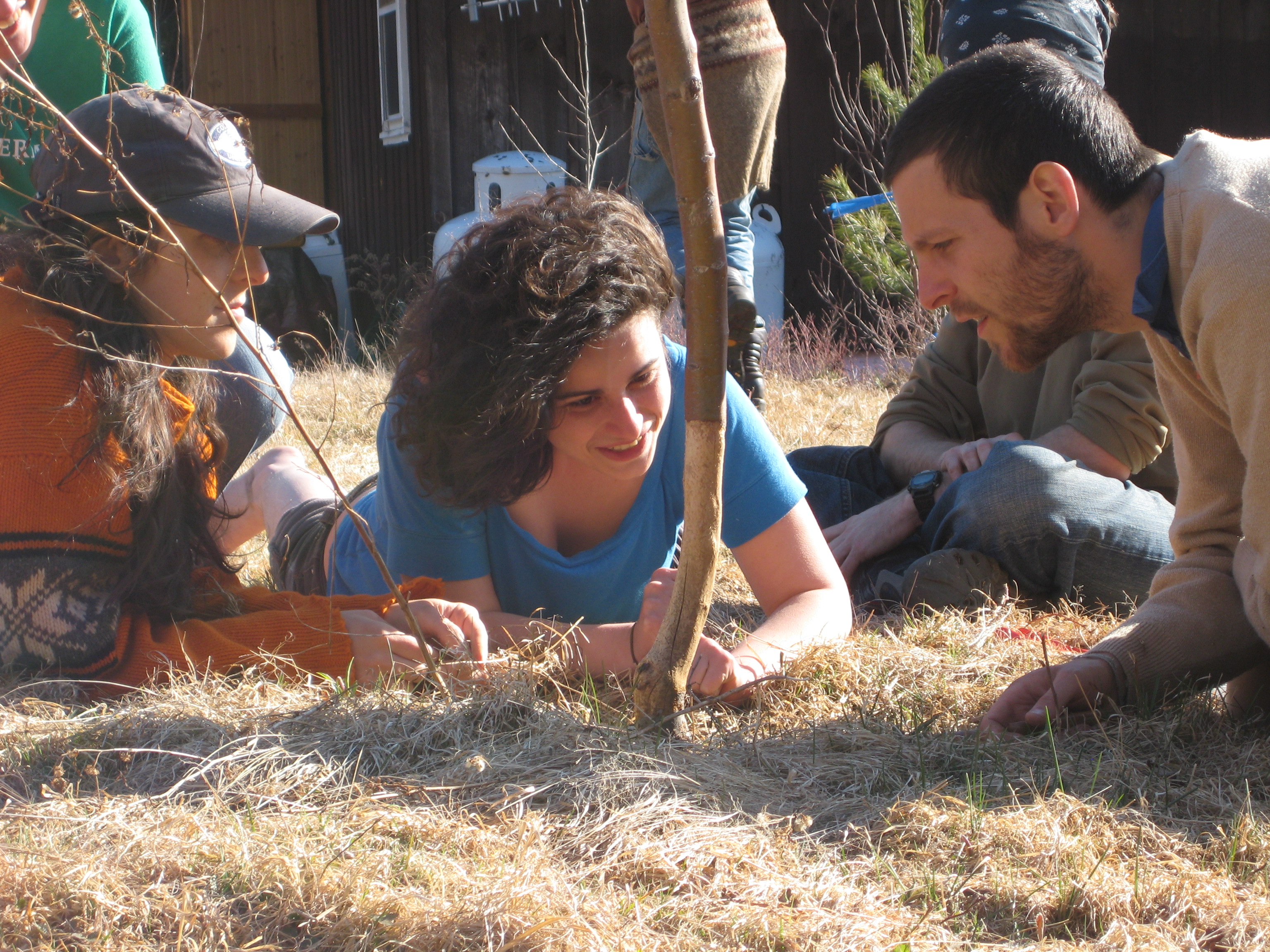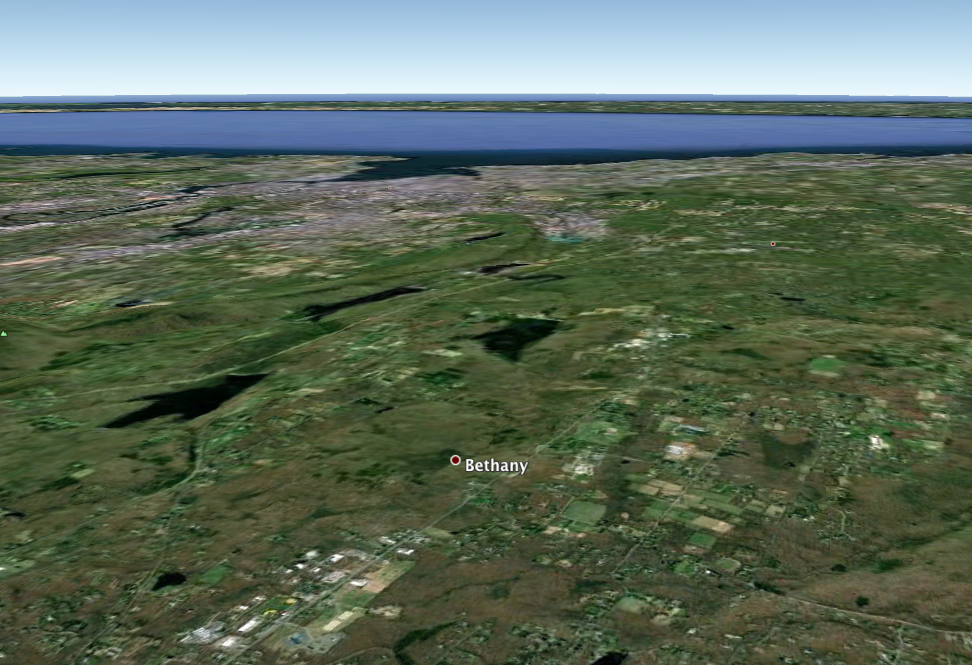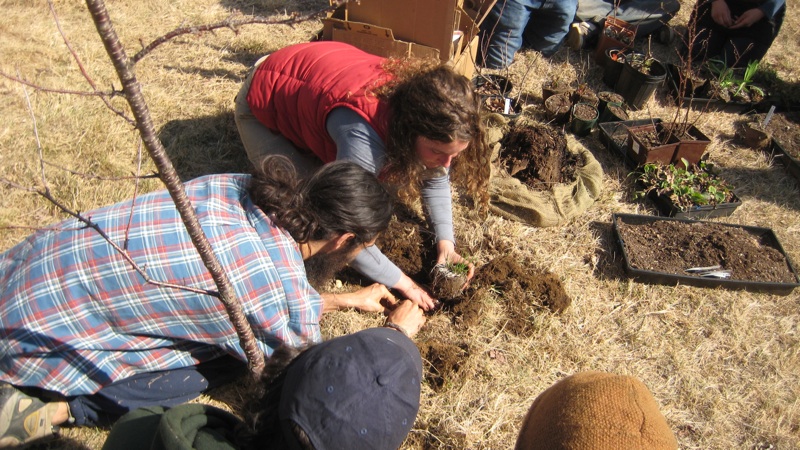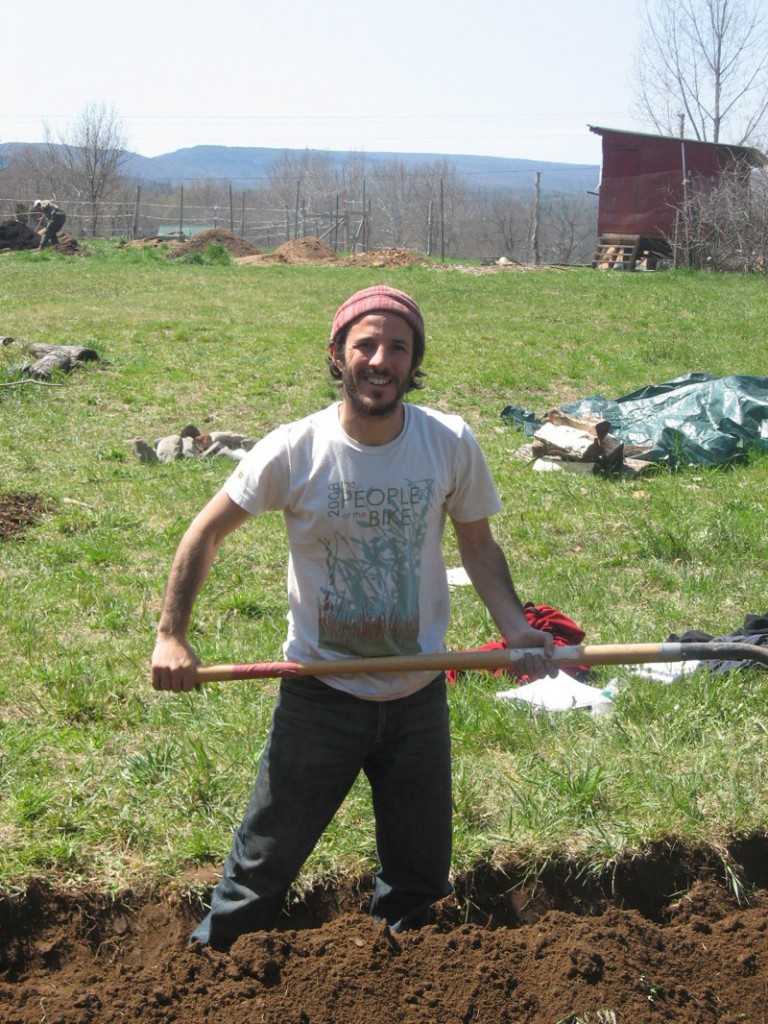Can publicly owned farmland be a catalyst for improving suburban community health & vigor?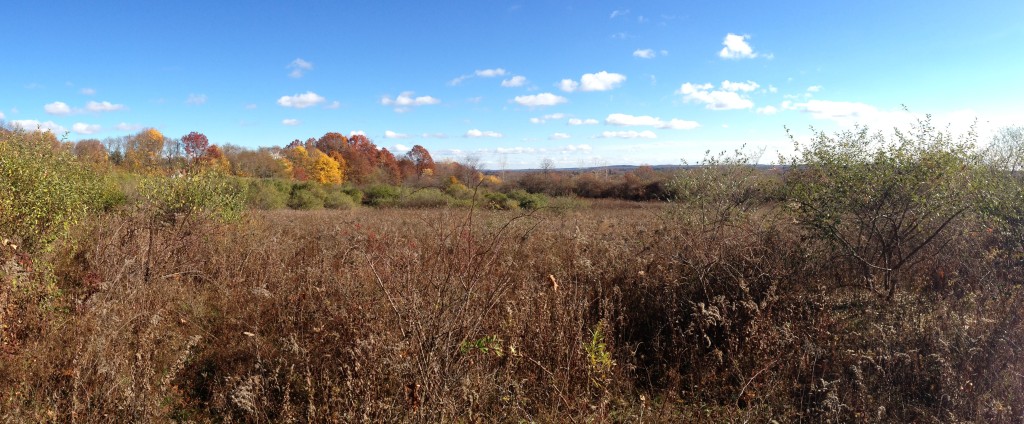
AppleSeed Permaculture and Milone & MacBroom, Inc. are collaborating on a project with the town of Hamden Connecticut to envision the potentials for reuse of a former farm. This project is funded by a grant from the state Department of Agriculture. Agriculture has deep roots in Hamden, with orchards in this location appearing on maps since 1852. The former Maselli Farm remained in agricultural use even as neighboring farmland was rapidly developed into suburban communities. Now this 33-acre tract of land is one of the last remaining open spaces in the community.
Residents in the neighborhoods adjoining Maselli Farm have tenaciously pursued maintaining this land as open space. A community meeting drew a large crowd eager to offer their ideas about what Maselli Farm should become. Most people advocated for either a public open space, a working farm, or a blend of the two. Our role is now to reconcile the most popular ideas into a plan that makes sense socially, ecologically, and financially.
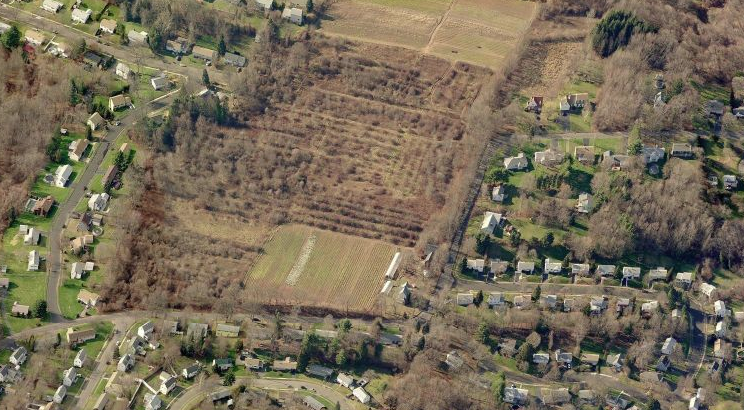 Maintaining open space and farmland in our towns and cities provides many benefits. Recreational opportunities positively impact people’s emotional and physical health, while contact with trees and living systems has a profound impact on mental well-being. Children who spend more time in “green” settings have reduced symptoms of ADHD and higher test scores. The living systems provide numerous “ecosystem services” such as cleaning the air, infiltrating water and reducing runoff, cooling the community, and bolstering local biodiversity. The land base can also be utilized to grow food and other products to be consumed locally in a way that builds local economic resiliency and improves food security.
Maintaining open space and farmland in our towns and cities provides many benefits. Recreational opportunities positively impact people’s emotional and physical health, while contact with trees and living systems has a profound impact on mental well-being. Children who spend more time in “green” settings have reduced symptoms of ADHD and higher test scores. The living systems provide numerous “ecosystem services” such as cleaning the air, infiltrating water and reducing runoff, cooling the community, and bolstering local biodiversity. The land base can also be utilized to grow food and other products to be consumed locally in a way that builds local economic resiliency and improves food security.
In this design, a forested buffer around the edges of the site offers wildlife habitat and other ecosystem services while also creating a buffer for the surrounding neighborhoods. A swath through the center of the site becomes a native grass and wildflower meadow, providing ecological diversity and granting visitors impressive views across the site and into the distance. A large area is dedicated to agricultural activities, while other areas host community gardens, a gathering pavilion, and spaces of outdoor learning. The historic barn is renovated and serves as an anchor for cultural activities and a window into Hamden’s history. A trail system connects neighborhoods through the site and allows users to experience the diversity of ecosystems, terrain, and uses that the site has to offer.
Wouldn’t your neighborhood benefit from a productive community green space? We believe that every neighborhood needs a farm. Contact AppleSeed Permaculture if you want to support making a project like this happen in your town.


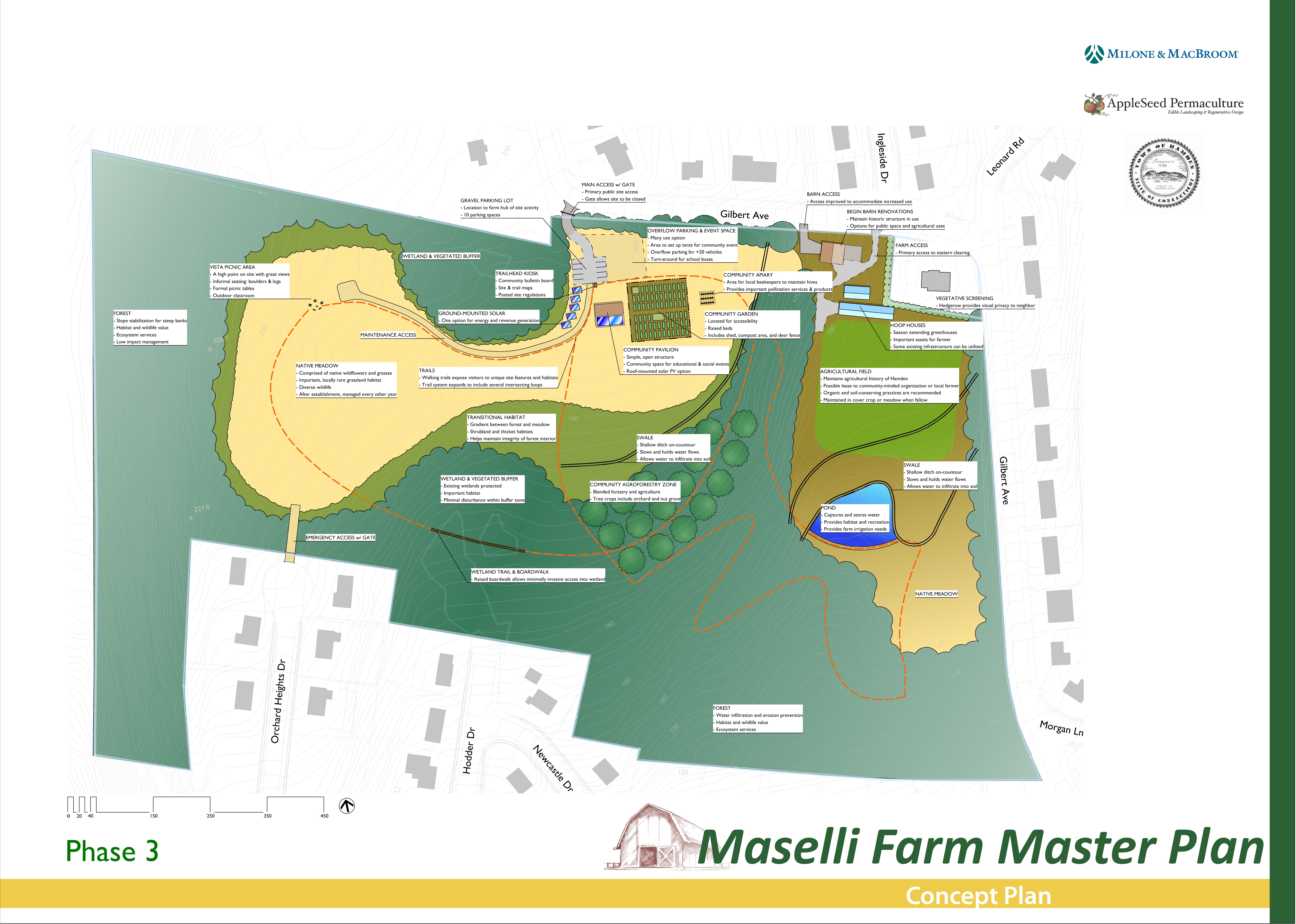
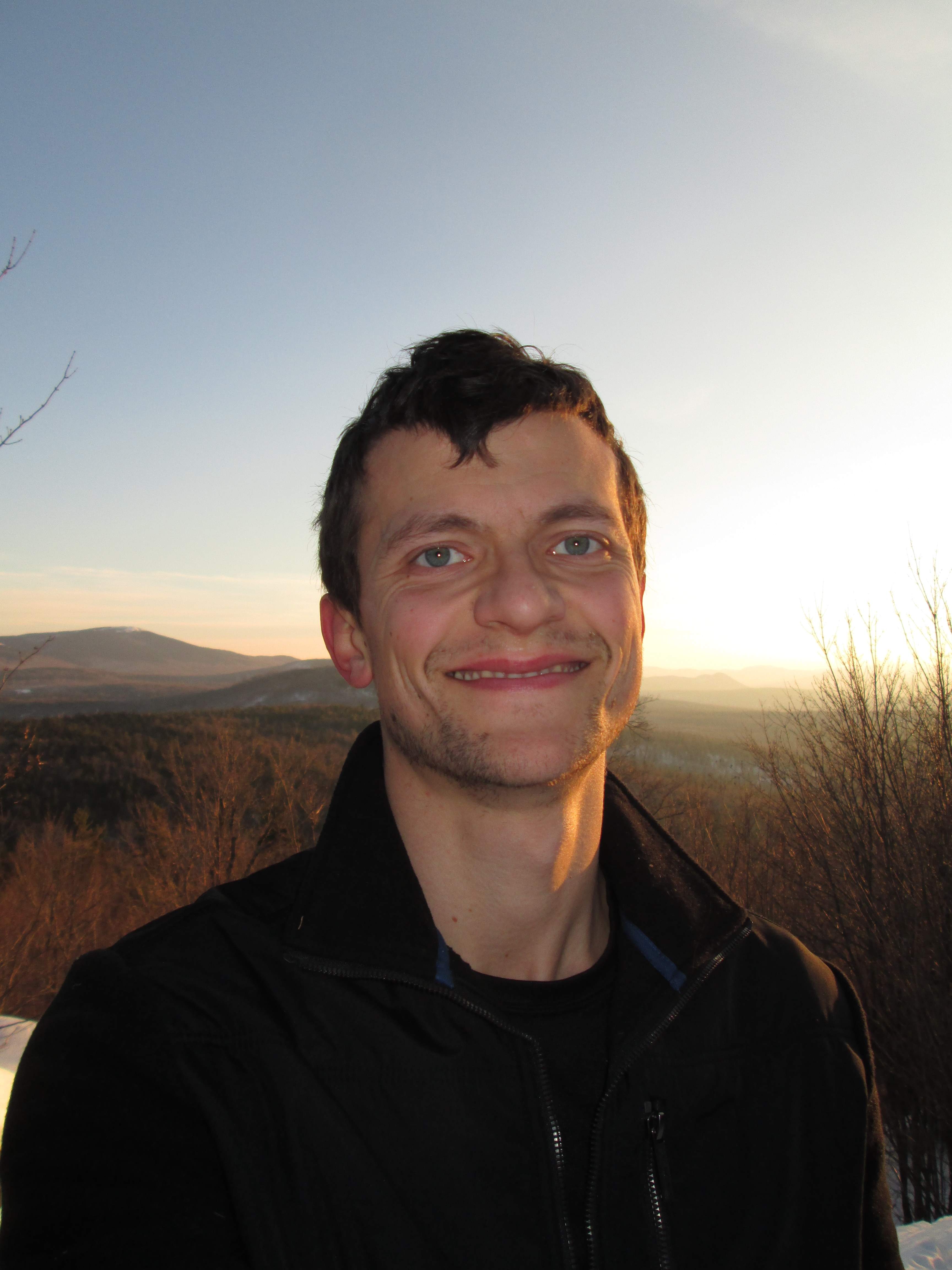
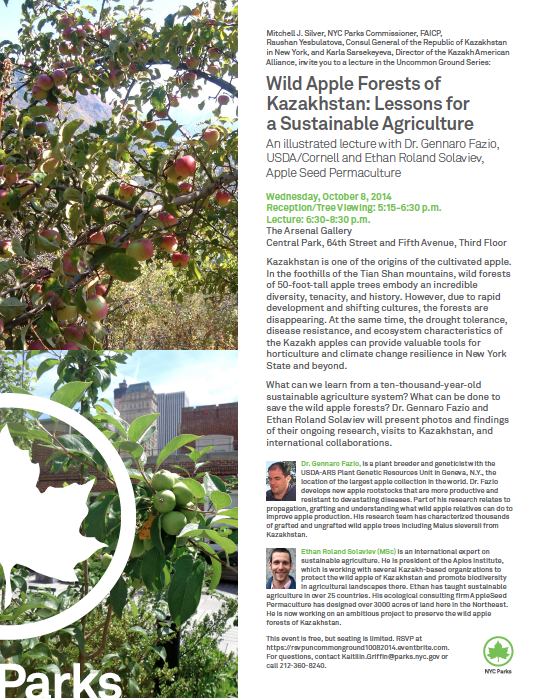
 In a Nutshell – A three-month internship with AppleSeed Permaculture, a cutting edge regenerative design firm based in the mid-Hudson River Valley of New York, USA. Internship runs from September 1
In a Nutshell – A three-month internship with AppleSeed Permaculture, a cutting edge regenerative design firm based in the mid-Hudson River Valley of New York, USA. Internship runs from September 1